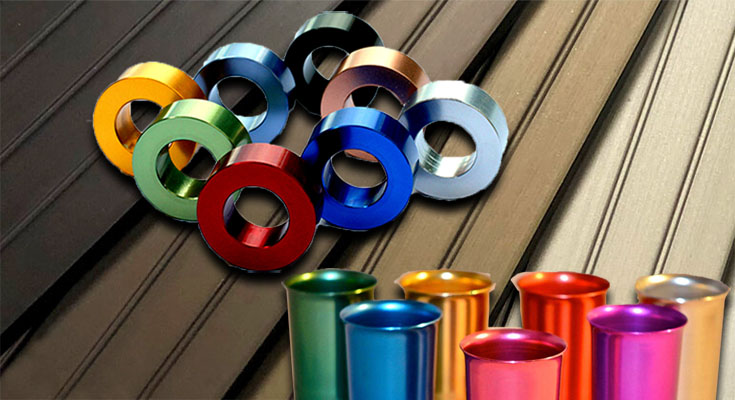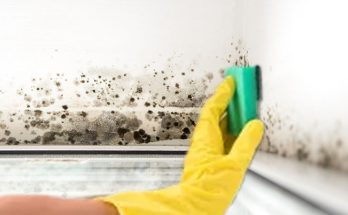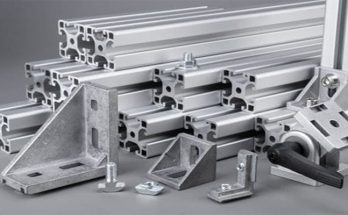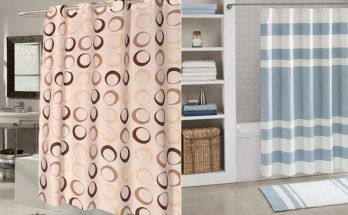Whether you have been doing your research or have just been curious about anodizing, you’ve probably seen the term come up now and then. Anodizing is a process that gives aluminum a shiny protective layer. It’s almost as if it’s magic, right? Well, yes and no. There are many other materials with amazing properties that we take for granted every day. But, anodizing is something that sets it apart. It has a number of properties that make it so special. So, what makes aluminum anodizing so special?
Harder Than It Looks
Sure, it sounds awesome that aluminum is “anodized” to become harder than it looks. We’ve all heard the term “hard anodizing” before and wondered what it meant. So, how do they make it harder? Well, it actually has little to do with the process itself. It has more to do with what’s used to make it. Anodizing is an electrochemical process that involves anodizing aluminum with chemicals and electrolytes. That sounds messy and scary. But, the anodizing process is actually very safe. That’s where the electrolytes and acids come in. Electrolytes are salts that help to conduct electricity when they are dissolved in a liquid like vinegar. Electrolytes also help to keep the anodizing process clean, which helps to make the finished product harder. The acids are actually what make the aluminum look shiny and protect it from the elements. By dissolving the oxide that forms on the aluminum, the anodizing process creates a shiny protective layer.
Anti-Corrosion
Aluminum is an excellent building material. It’s lightweight and incredibly strong. That’s why so many products are made with it. It’s also why it is such a popular metal used in cars and airplanes. Now, it’s also very corrosion resistant. This can also be attributed to its natural properties. However, anodizing makes it, even more, corrosion resistant. Because it has a layer of shiny protective coating, it prevents corrosion from occurring in the first place. Corrosion is the enemy of aluminum. It can cause damage to your car, keep you from enjoying your airplane because of exposed wires, and even cause health issues for humans if it’s not taken care of properly.
Protection From the Elements
Aluminum is resistant to heat and extremely lightweight. This makes it ideal for use in things like planes, cars, and even food cans. However, that also makes it very susceptible to the elements. Heat, cold, wetness, and extreme temperatures all have an impact on aluminum. The anodizing process protects the aluminum from the elements. This is why it’s so common to see beautiful, bright cars parked outside during the rain. The shiny coating protects the car from getting drenched and damaged. Typically, this coating protects the car for at least a few years before it needs to be repainted. However, by then, it will have protected the car from rust and weather damage.
Optimal Strength to Weight Ratio
Aluminum is a hard-to-find material that is light and strong. That’s why it’s so popular. However, aluminum is also very brittle. That makes it difficult to work with. The more you hammer it, the more likely it is to break. By adding a protective layer, anodizing allows the aluminum to take a more optimal shape. It maintains its strength but is not as likely to break. Although, it still has to be handled with caution. It can still break if it’s dropped, hit with a hammer, or bent too far. However, it is less likely to break than without the coating.
Easy to Maintain
This is one of aluminum’s best features. Because it is so shiny and has a protective coating, it makes it easy to maintain. It won’t corrode or wear down as easily as other metals. This means that it will last longer before needing to be replaced. Although, it does eventually need to be cleaned and repainted. Cleaning is very easy. You can wash your car with dish soap, hose it down, and even vacuum it.
What’s the Catch?
The catch with aluminum is that it is very heavy. This makes it a difficult material to work with. It’s not suited for things like building boats or skyscrapers. It’s also not ideal for collapsible items like tents or backpacks. This means that it’s best suited for things like planes, trains, cars, and buildings. That’s why it’s so commonly used in these areas. However, that also means that it is a difficult material to maintain. Cleaning is difficult because it is so heavy.





